Optimal Seasons for Foundation Repairs
Foundation repairs are most effectively performed during specific seasons when ground conditions are optimal. The ideal time depends on local climate and soil type, but generally, dry and moderate weather conditions facilitate better repair outcomes. Timing repairs during periods of stable soil moisture helps prevent further shifting or settling of the foundation.
Spring offers moderate temperatures and manageable soil moisture levels, making it a suitable time for foundation work. However, early spring can be unpredictable with rain, which may delay projects.
Summer provides longer daylight hours and warmer weather, ideal for certain repair methods. Caution is advised during extremely hot periods, which can cause soil to dry excessively.
Fall typically features cooler temperatures and less rain, making it a good season for foundation repairs. Soil moisture levels are often stable, reducing the risk of further shifting.
Winter is generally less favorable due to freezing temperatures and frozen ground, which can hinder certain repair techniques and prolong project timelines.
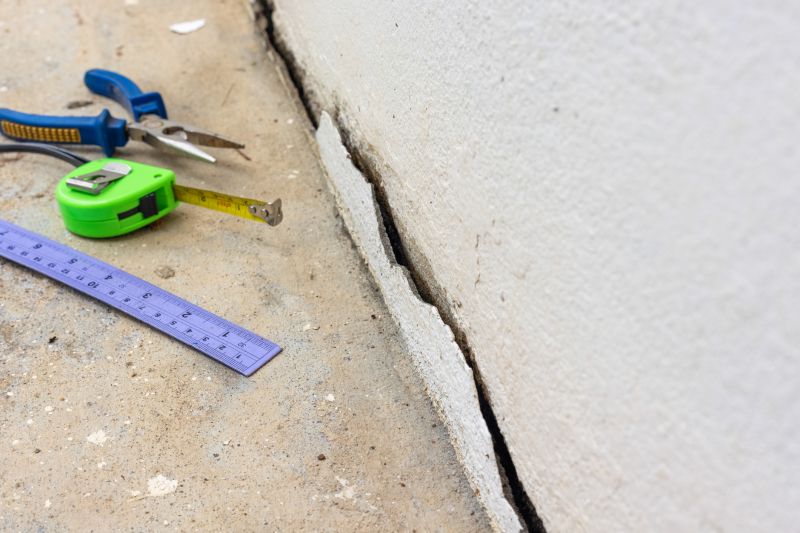
Ways to make Foundation Repairs work in tight or awkward layouts.
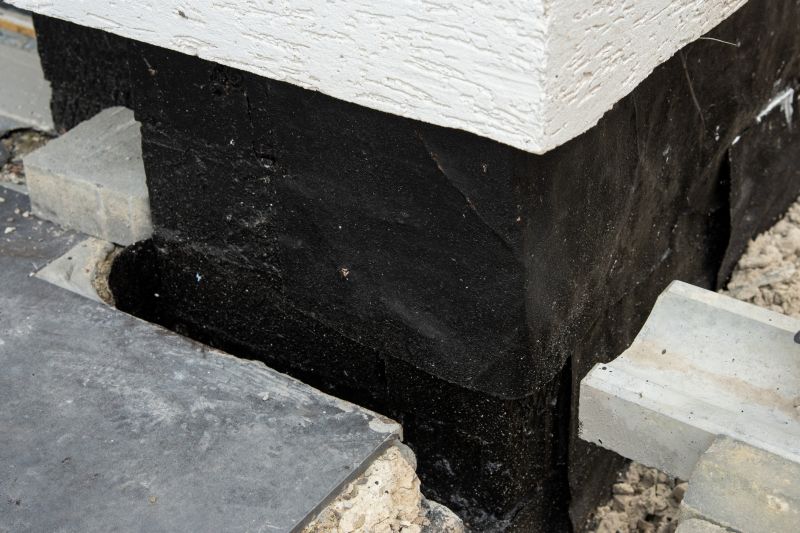
Popular materials for Foundation Repairs and why they hold up over time.
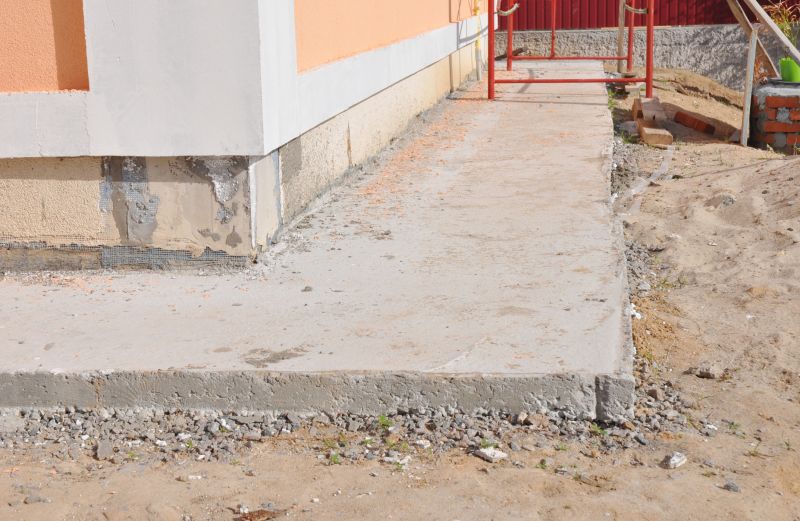
Simple add-ons that improve Foundation Repairs without blowing the budget.
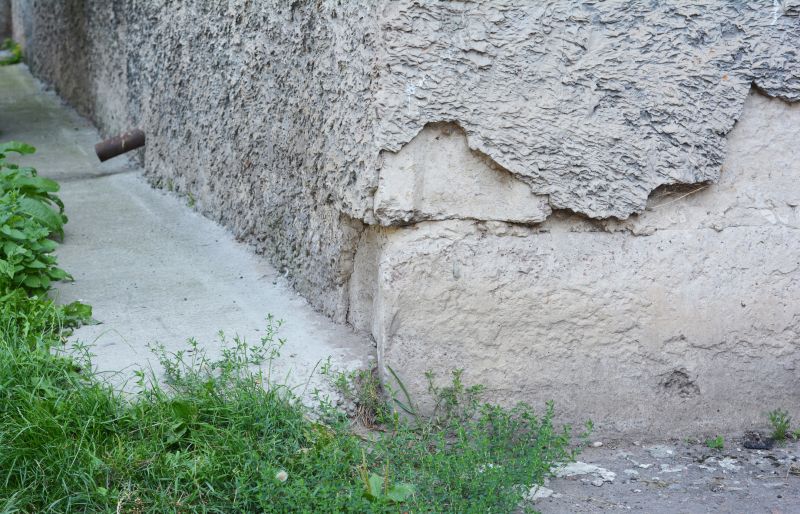
High-end options that actually feel worth it for Foundation Repairs.
| Season | Ideal Conditions |
|---|---|
| Spring | Moderate temperatures, manageable soil moisture, some rain |
| Summer | Warm, longer days, avoid extreme heat |
| Fall | Cooler temperatures, stable soil moisture |
| Winter | Cold, frozen ground, limited repair options |
Foundation repairs involve addressing structural issues caused by soil movement, water intrusion, or settling. Proper timing ensures that repairs are durable and effective. Soil conditions significantly influence repair success, with stable moisture levels reducing the risk of future shifting. Skilled professionals assess site-specific factors to recommend the most suitable timing for repairs, which can extend the lifespan of the foundation and prevent costly future issues.
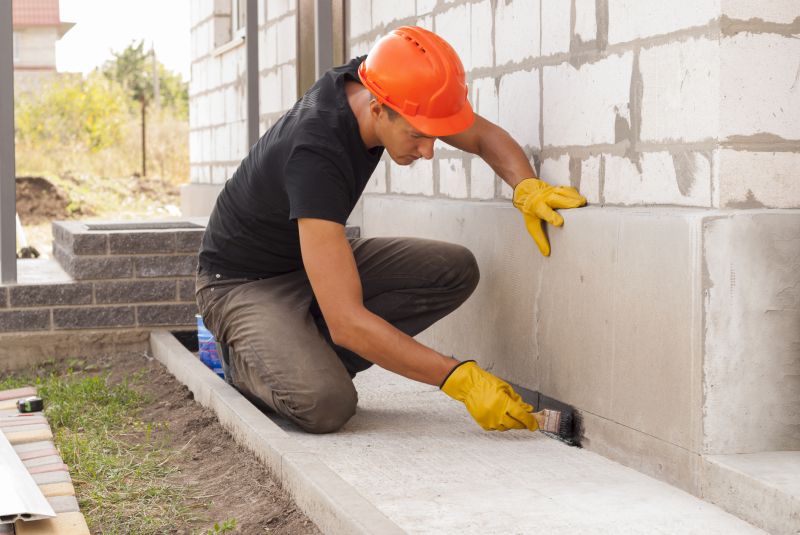
Finishes and colors that play nicely with Foundation Repairs.
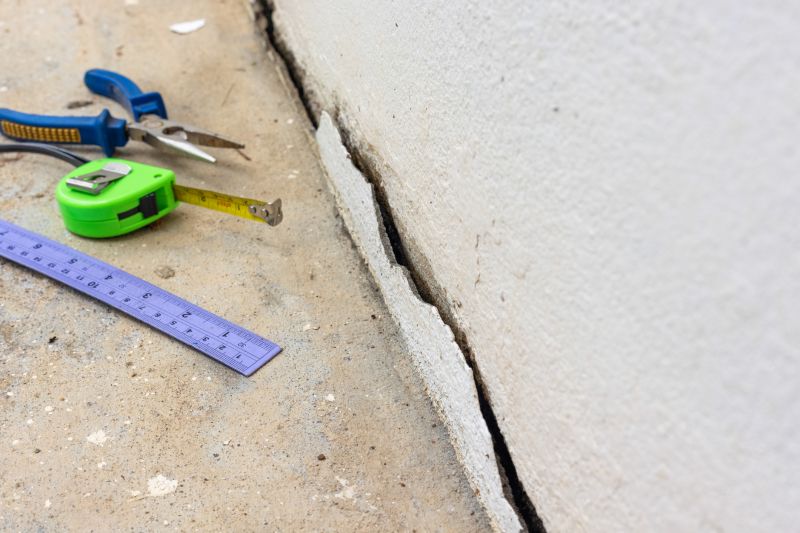
Little measurements that prevent headaches on Foundation Repairs day.
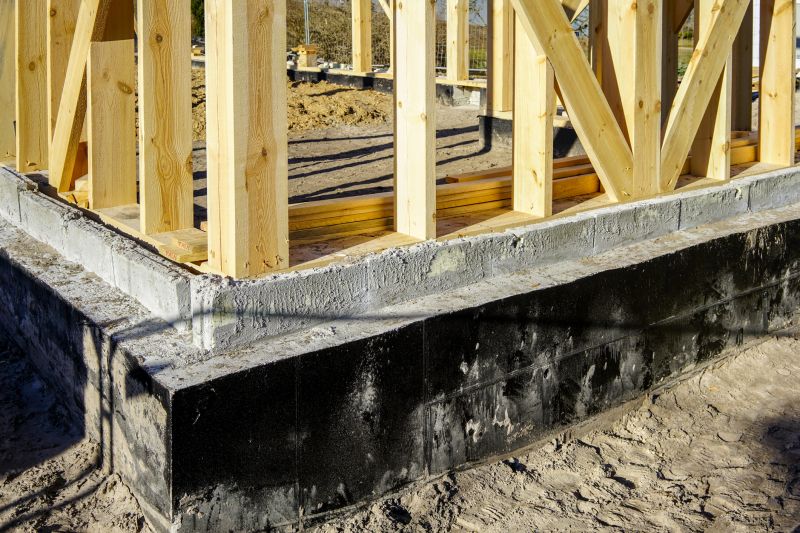
A 60-second routine that keeps Foundation Repairs looking new.
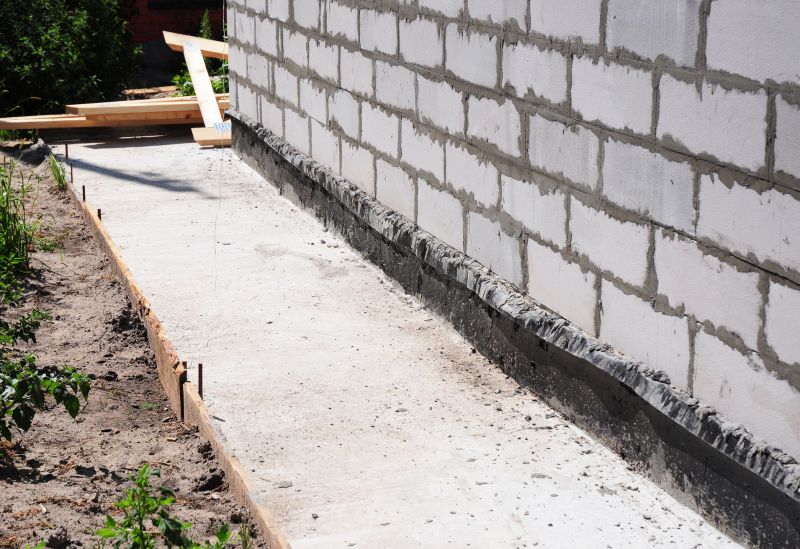
A frequent mistake in Foundation Repairs and how to dodge it.
Choosing the right time for foundation repairs can prevent further damage and ensure the longevity of the structure. Seasonal considerations, soil conditions, and weather patterns all play a role in determining the optimal window for repairs. Consulting with foundation specialists can help identify the most appropriate timing based on local conditions and specific foundation issues.

